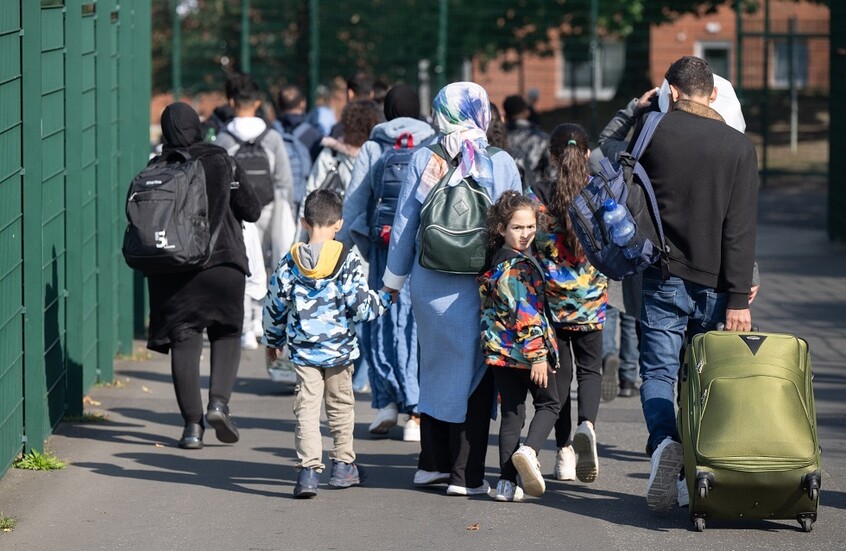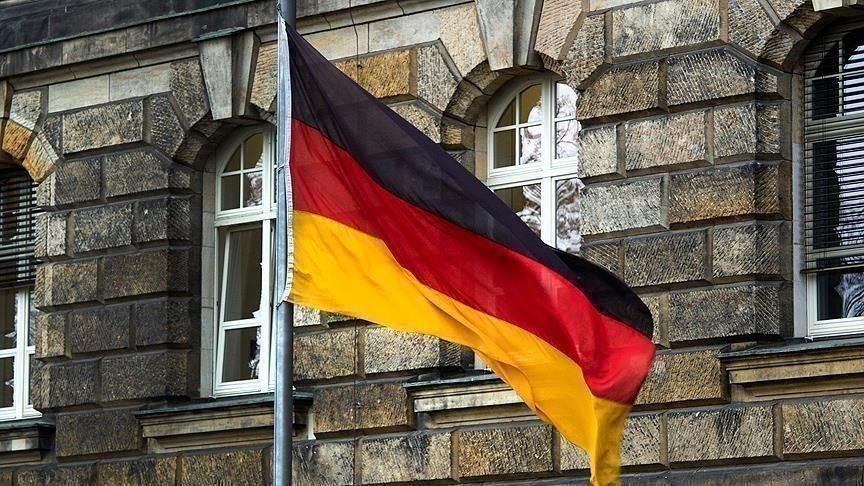A new study by the Institute for Employment Research (IAB) in Nuremberg revealed that a large proportion of refugees and migrants have successfully integrated into the German labor market. According to the study, about two-thirds of those who migrated to Germany since 2015 have found employment, a figure close to the employment rate among Germans. The study also highlighted gender gaps in employment and income levels.
The employment rate among migrants who entered Germany over the past decade reached 65% last year, which is close to the employment rate of the general population. In addition, 90% of employed migrants were covered by social insurance. The findings are based on data from the annual refugee survey and social insurance statistics.
The study also revealed a gender gap in employment and income, with men employed at a rate about four percentage points higher than women in the general population. Female migrants tend to work part-time in order to allocate time for childcare.
According to Professor Yuliya Kosyakova, head of the research department at the Institute, difficulties in accessing childcare hinder female immigrants from entering the labor market, even though employment opportunities for immigrant women are generally higher than for men. The employment rate for immigrant women without children reached 40%, while it was only 21% for those with one child.
Over the past years, refugees have succeeded in increasing their incomes. In 2023, the average monthly income of full-time refugee employees reached €2,375, equivalent to 70% of the average income of all full-time employees. Moreover, the proportion of refugees receiving social benefits fell to one-third in 2023.
Although these results support the position of former German Chancellor Angela Merkel, who welcomed refugees during the 2015 crisis, the current federal government has adopted anti-immigration policies, and right-wing voices opposing immigration have grown louder within German political parties.
Carsten Linnemann, Secretary-General of the Christian Democratic Party, criticized Merkel’s stance on asylum, noting that she allowed millions of refugees into Germany. Linnemann stated, “Since 2015, we have received 6.5 million people, and less than half of them are employed today—and that is putting it mildly; I find it unsatisfactory.” He calls for an end to irregular migration and encouraging labor migration to the workforce.
The new governing coalition has also agreed on several measures to tighten immigration policy, including strict border controls and the rejection of asylum seekers at the borders. The new government has expanded deportation operations, particularly to Syria and Afghanistan, and recently decided to suspend the right to family reunification.





